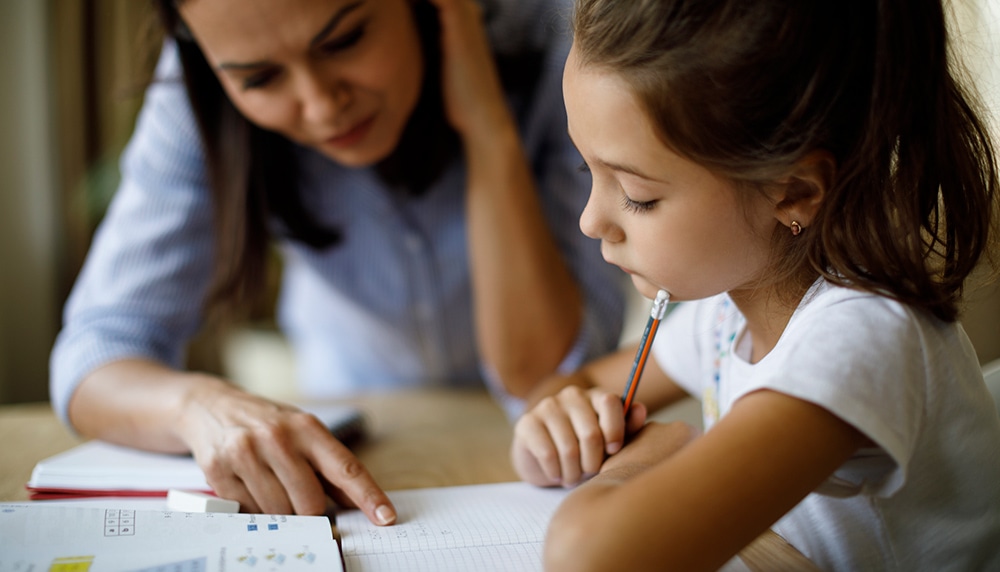Resources for Families with
School-Aged Children

Understanding and Preparing Your Child for Psychoeducational Testing
Having a child undergo assessment for learning disabilities is a complex and confusing process for most parents. Parents often wonder where to find clear information about psychoeducational testing – what the tests involve and how to understand and interpret the resulting test scores.
Tips for Supporting Children and Youth After a Crisis Event
Be reassuring. Children take their emotional cues from the significant adults in their lives. Your reactions are most important. Recognize that some children may be concerned about something bad happening to themselves, family or friends. Explain to them the safety measures in place and reassure them that you and other adults will take care of them.
Be a good listener and observer. Let children guide you to learn how concerned they are or how much information they need. If they are not focused on the tragedy, do not dwell on it. However, be available to answer their questions to the best of your ability. Young children may not be able to express themselves verbally. Pay attention to changes in their behavior or social interactions.
Monitor the news. Images of a disaster or crisis event can become overwhelming, especially if watched repetitively. Young children in particular may not be able to distinguish between images on television and their personal reality. Older children may choose to watch the news, but be available to discuss what they see and to help put it into perspective.
Homework: A Guide for Parents
Homework has been around as long as public schools have, and over the years considerable research has been conducted regarding the efficacy of homework practices. While the results are not uniform, most experts on the topic have drawn some common conclusions.
Reasonable Homework Expectations
It is generally agreed that the younger the child, the less time the child should be expected to devote to homework. A general rule of thumb is that children do 10 minutes of homework for each grade level. Therefore, first graders should be expected to do about 10 minutes of homework, second graders 20 minutes, third graders 30 minutes, and so on. If your child is spending more than 10 minutes per grade level on work at night, then you may want to talk with your child’s teacher about adjusting the workload.
Teaching Your Child Self Control Skills
Self-control is an important skill for all children to learn. It refers to having power or control over one’s own actions. It also means that an individual knows right from wrong. Children who do not make choices for their own behavior, but instead rely on other children, parents, teachers, or adults to make choices for them, do not learn self-control. These children may follow others’ bad choices and get involved in ridiculing others, taking away others’ things, and not taking responsibility for the consequences of their behavior. They also may listen to others who say negative things about people who may be different due to skin color, race, culture, religion, or disabilities. The skill of self-control will allow children to know that the right thing to do is to be tolerant of others despite differences. If students are taught self-control at an early age, then they will feel better about the choices that they do make.
Sleep and Sleep Disorders in Children and Adolescents: Information for Parents and Educators
Physicians and psychologists estimate that as many as 30% of children may have a sleep disorder at some point during childhood. Sleep disorders have implications both for social-emotional adjustment and for school performance. For this reason it is important for both parents and educators to understand how sleep works and how disruptions in normal sleep patterns can affect children and teenagers. This handout will provide an introduction to normal sleep patterns, definitions and descriptions of the kinds of sleep disturbances that may affect children and adolescents, and a brief description of recommended treatments
